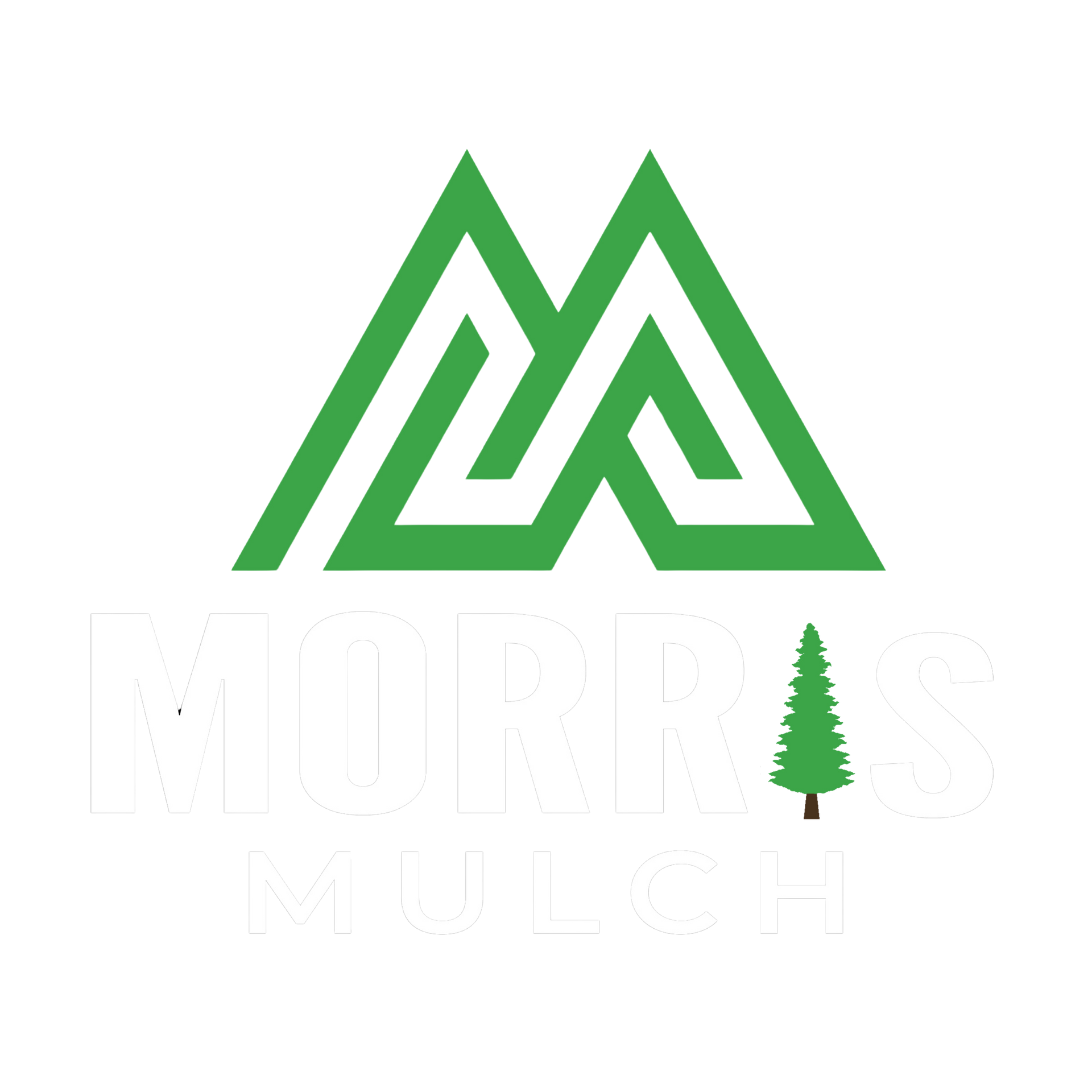Frequently Asked Questions
Our completely natural hardwood bark is free from any added chemicals. However, we do incorporate all-natural dyes into our color-enhanced hardwood bark mulches. These dyes, including Carbon black and iron oxide, have no hazardous implications or environmental impact whatsoever.
Hardwood bark mulch differs from other mulches, such as pallet mulch or recycled yard waste, in its composition and appearance. It typically has a darker color and finer texture, providing a more uniform and aesthetically pleasing look to garden beds.
Using hardwood bark mulch offers several benefits, including:
- Improved soil moisture retention
- Weed suppression
- Insulation for plant roots during extreme temperatures
- Slow decomposition, enriching soil structure over time
- Enhanced aesthetic appeal to landscaping
To apply hardwood bark mulch effectively, spread it evenly over the desired area, maintaining a layer of 2-4 inches thick. Avoid piling mulch against plant stems or tree trunks to prevent moisture retention and potential rot.
Yes, hardwood bark mulch is generally suitable for most types of plants, including flowers, shrubs, trees, and vegetables. However, it's essential to consider the specific needs of individual plants and adjust mulch depth accordingly.
Hardwood bark mulch typically does not attract pests or insects when properly applied and maintained. However, like any organic material, it may provide habitat for some insects. Regular inspection and maintenance can help mitigate any potential issues.
Hardwood bark mulch decomposes slowly, so it generally requires replenishment every 1-2 years to maintain an adequate depth and effectiveness. However, this may vary depending on factors such as climate, rainfall, and soil conditions.
Yes, hardwood bark mulch is suitable for organic gardening practices as it is a natural, biodegradable material. Look for mulch that is free from chemical additives or treatments for the best results in organic gardening.
Hardwood bark mulch is available at many garden centers, nurseries, and landscaping supply stores. Additionally, it can often be purchased in bulk from mulch suppliers or delivered directly to your location.
Unfortunately, we do not sell mulch to retail customers at this time.
Yes, hardwood bark mulch is considered environmentally friendly as it is a natural byproduct of sustainable forestry practices. It helps reduce waste by repurposing bark materials that would otherwise be discarded. Additionally, its use in landscaping promotes soil health and water conservation.
Dog vomit fungus, scientifically known as Fuligo septica or commonly referred to as "scrambled egg slime," is a type of slime mold that can appear on mulch and other organic matter in moist environments. Despite its unappealing name, dog vomit fungus does not pose any harm to humans or animals. It typically manifests as brightly colored masses resembling vomit or scrambled eggs, hence its descriptive nickname.
This fungus thrives in warm, humid conditions, often appearing after periods of rainfall or heavy moisture. While its appearance may be unsightly, dog vomit fungus plays a beneficial role in ecosystems by aiding in the decomposition of organic matter.
To learn more about this condition, please visit the following:
https://extension.illinois.edu/blogs/flowers-fruits-and-frass/2017-08-16-too-much-mulch-can-kill-your-tree
https://extension.illinois.edu/blogs/over-garden-fence/2015-06-05-mushrooms-yard
What goes into our mulch mix?
The solution is straightforward – we exclusively utilize 100% hardwood bark mulch. Explore the video to learn more about this commonly asked question.
